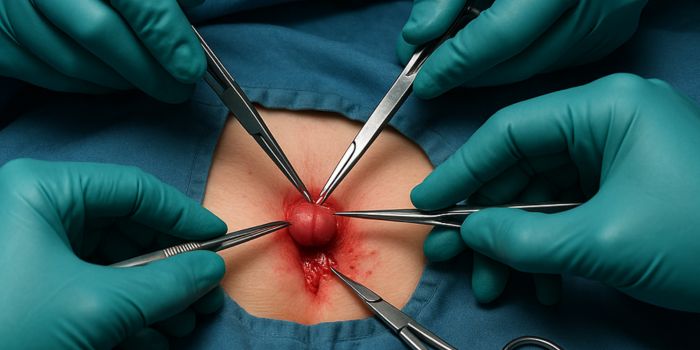Recovery from piles surgery or hemorrhoidectomy must be handled with special care and attention to proper healing and the avoidance of complications. Your procedure’s long-term success relies heavily on the next few days and weeks. Here are some key things to avoid after piles surgery to facilitate a comfortable healing and minimize recurrence:.
Understanding Pile Surgery Recovery
Piles surgery eliminates or decreases inflamed and swollen blood vessels in the anal region. The surgical area requires time to heal well, usually 2-4 weeks for simple recovery. Throughout this period, some activities and habits can interfere with healing, be painful, or even result in complications such as bleeding or infection.
1. Do Not Strain on Bowel Movements
Maybe the most crucial thing not to do after piles surgery is straining during bowel movements. Straining is stressful to the surgical site and can cause damage to healing tissues or lead to bleeding. To avoid this:
- Take stool softeners as instructed by your physician
- Drink plenty of water to stay hydrated
- Do not rush your bowel movements
- Elevate your feet while sitting on the toilet using a small footstool
2. Avoid Constipation-Causing Foods
Your diet plays a critical role in recovery after piles surgery. Avoid foods that can cause constipation, such as:
- Processed foods with little fiber
- Dairy products in large amounts
- White bread, pasta, and rice
- Red meat
- Fried and fatty foods
- Excessive bananas or rice
3. Avoid Sitting for Extended Periods
Prolonged sitting puts direct pressure on your surgical site and can increase pain and swelling. After piles surgery:
- Limit sitting to 15-20 minutes at a time when possible
- Use a donut-shaped cushion when you must sit
- Take regular standing breaks if your job requires sitting
- Consider a standing desk arrangement temporarily
4. Avoid Heavy Lifting
Heavy lifting increases abdominal pressure, which can strain your healing tissues and potentially cause bleeding at the surgical site. After piles surgery, avoid:
- Lifting anything over 10 pounds (approximately 4.5 kg)
- Moving furniture or heavy household items
- Carrying heavy groceries or children
- Strenuous exercises involving weights
This restriction typically applies for 2-4 weeks, but follow your surgeon’s specific guidance.
5. Avoid Spicy and Irritating Foods
Certain foods can irritate your digestive system and potentially cause discomfort during bowel movements after piles surgery:
- Hot chili peppers and spicy seasonings
- Acidic foods like citrus fruits and tomatoes
- Alcohol
- Caffeine
- Carbonated beverages
6. Avoid Harsh Wiping or Toilet Paper
The surgical area is sensitive and can be easily irritated. Avoid:
- Rough toilet paper
- Dry wiping
- Scented wipes or toilet paper
- Vigorous cleaning
Rather, use soft, unscented toilet paper wetted with water, or unscented baby wipes. Pat gently instead of wiping, or use a bidet if provided.
7. Don’t Postpone Bathroom Use
When you feel a need to pass a bowel movement, do not postpone it. Keeping stool back makes stool harder to pass, causing increased strain when eliminating which will damage the wound site.
8. Avoid Hot Baths and Swimming
After piles surgery, avoid:
- Hot baths or jacuzzis
- Swimming pools
- Ocean or lake swimming
- Saunas or steam rooms
These can introduce bacteria to the wound or soften the healing tissue. Stick to lukewarm sitz baths as recommended by your doctor.
9. Avoid Certain Physical Activities
Give your body time to heal by avoiding:
- High-impact exercises like running or jumping
- Cycling
- Horseback riding
- Contact sports
- Abdominal exercises
Walking is generally encouraged as it promotes circulation without straining the surgical area.
10. Avoid Ignoring Concerning Symptoms
After a piles surgery, don’t ignore warning signs that might indicate complications:
- Excessive bleeding (more than spotting)
- Severe pain not relieved by medication
- Fever above 101°F (38.3°C)
- Inability to urinate
- Unusual drainage or odor
- Increasing rather than decreasing pain
Call your doctor immediately if you have these signs.
By so doing and following your doctor’s recommendation, you can help make your piles surgery recovery convenient and reduce the possibility of future hemorrhoid recurrence.
